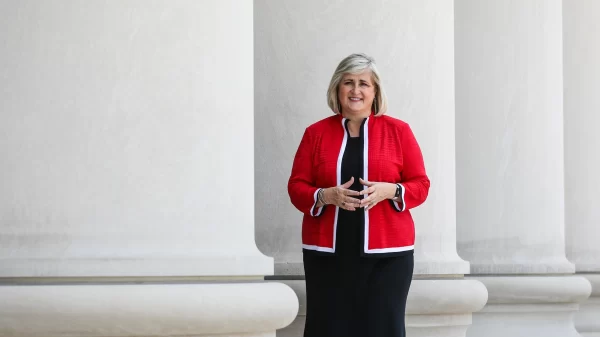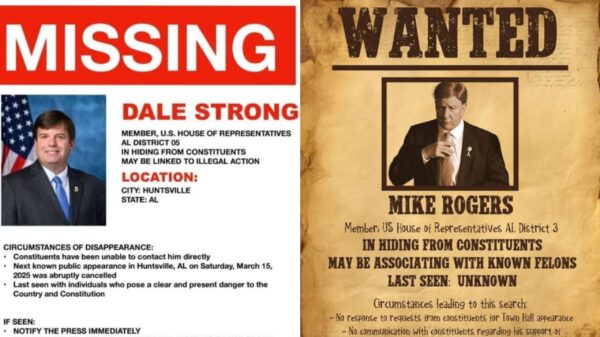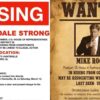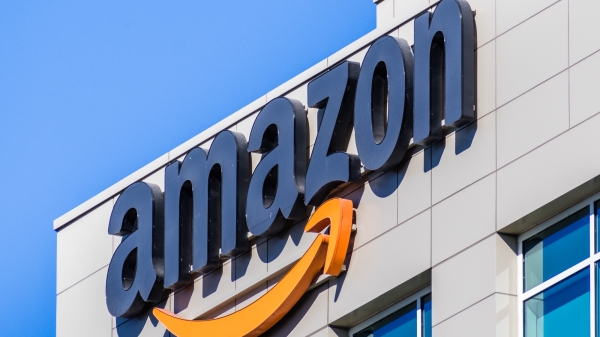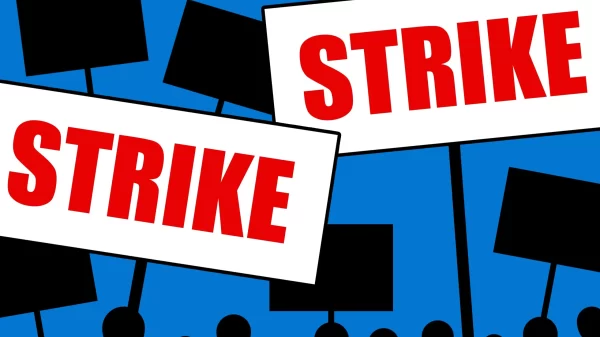|
Getting your Trinity Audio player ready...
|
In a mixed victory for the Retail, Wholesale and Department Store Union, administrative law judge Michael Silverstein ruled on Wednesday that a third union election must be held at the Amazon warehouse in Bessemer.
Following a spirited unionization drive inspired by Black Lives Matter and conditions during COVID, the first election was held in April 2021. The initial vote count showed the union significantly short of a majority, but they successfully argued Amazon had illegally interfered in the election. Most notably, Amazon installed a mailbox it told workers to use to submit their ballots, and then surrounded the mailbox with anti-union propaganda.
After investigating Amazon’s practices during and leading up to the election, the National Labor Relations Board agreed with the RWDSU and ruled a second election was needed. That election was held in early 2022, and hundreds of contested and uncounted ballots have prevented any clear view of who won.
Now, more than three years after the first election, and over two years since the second, it’s quite possible no one who worked at the Bessemer location during the first election is still an employee there. One New York Times investigation in 2021 found Amazon warehouses had an annual turnover rate of 150 percent.
The second election was also hardly less contentious than the first. Both Amazon and the union filed various objections against the other, including a total of nine unfair labor practice charges.
“The choice to hold them accountable this way is one that we’ve made to make sure that they are not able to do this at another warehouse,” Chelsea Connor, the RWDSU’s national director of communications, told APR. “Otherwise we are just letting a company with limitless power and limitless money get away with anything.”
On Wednesday, Silverstein ruled that Amazon violated the National Labor Relations Act by confiscating union materials, especially from breakroom tables and bathrooms. Additionally, the “surveillance of employees’ union activities” and “threatening employees with plant closure” were also determined to be violations.
“We never doubted that Amazon was going to take every opportunity, legal or not, to deny its employees at its Bessemer warehouse a free and fair election,” RWDSU president Stuart Appelbaum said in a public statement responding to Wednesday’s ruling.
All of Amazon’s objections against the union were either withdrawn or found by Silverstein to be “non objectionable.” The company, however, is already planning on appealing the ruling. An Amazon spokesperson accused the ruling and the RWDSU of “trying to force a third vote instead of accepting the facts and the will of our team members.”
Amazon is one of several companies, including Trader Joe’s and Starbucks, currently arguing in court that the NLRB is unconstitutional. Conservatives have largely welcomed this development, hoping a sympathetic Supreme Court severely limits or dismantles the agency and accusing the NLRB of overreaching its authority.
The RWDSU, however, believes the NLRB may have acted too late, and not done enough, to protect Amazon workers’ rights to organize and collectively bargain.
“There is no reason to expect a different result in a third election – unless there are additional remedies,” Applebaum’s statement reads. “Otherwise, Amazon will continue repeating its past behavior and the Board will continue ordering new elections.”
Silverstein has ordered Amazon to post notices that the company broke labor law but the union was hoping that the judge would also grant the union access to talk directly to workers.
During both elections, Amazon heavily utilized so-called “captive audience meetings,” anti-union sessions where employees’ attendance is mandatory. In comparison, the ability of unions to talk to the workers they’re trying to organize is heavily restricted.
NLRB General Counsel Jennifer Abruzzo has repeatedly argued that captive audience meetings are illegal, but the Board has not yet changed its interpretation of the NLRA. Similar meetings were also a major factor in the United Auto Workers’ failure to unionize the Mercedes plant in Vance.
Because of this imbalance, the RWDSU will be appealing Judge Silverstein’s decision in an attempt to receive those “additional remedies,” which it says are key to have a truly fair third election.
However, if the union’s appeal is denied and a third election is held without measures to level the playing field, the RWDSU still plans to do its best to win the third and hopefully final election regardless.
But that third election, if it happens, is quite a ways out.
It will likely take months or years for Amazon and the RWDSU’s appeals to work their way through the overtaxed NLRB system. And given the recent re-election of President Donald Trump, whose first term NLRB appointees were markedly friendlier to employers than President Biden’s have been, the shape of labor law in upcoming years is still up in the air.




















